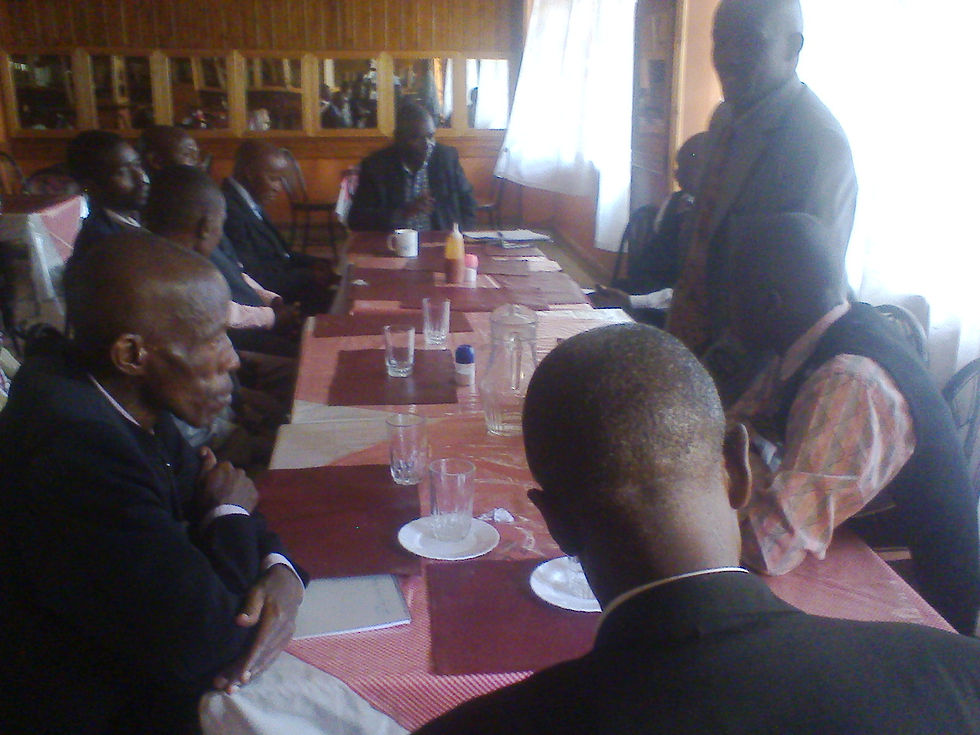CORRUPTION IN KENYA
- gateway

- Jun 19, 2018
- 2 min read
Privatization in Kenya The institutional set up for privatization in Kenya has been weak. These weaknesses and special interests have caused great losses to the state in the sale of public assets and enterprises. Assets are often undervalued and enterprises sold way below their market value. The absence of a legal framework for privatization means that it is difficult to exercise vigilance over the process, and neither the citizens, legislature, nor the judiciary can adequately provide the oversight and checks required. Kenya Integrity Assessment CPI-GA • The Legislature – whereas the representative and law making institutions had previously been largely rubber stamp organisations agreeing to the instructions of the Executive (often the Party), there were now real elections and real independence in the legislature. To unscrupulous people this was seen not as the opportunity for reform, but the opportunity to carve out income streams for themselves. Parliamentarians could pass laws, in conjunction with the Executive, that would make legal the skewed and irrational use of resources, or they could demand payments from the executive not to block the passage of such laws that allowed this to happen. In some cases this was allied to decentralization so that national opportunities for parliamentarians to carve out income streams for themselves were replicated at provincial or district levels. • The Executive - the autocratic decisions that were an accepted part of a one-party state have now became modified into using and bending the new system to institutionalize corrupt practices to benefit those in power. People in power went through the overt forms of legal and accepted decision making, but made sure that they used their political power to result in decisions beneficial to them and their allies. The Executive also controlled the police, which might be a block to some of their corrupt practices, but could also be recruited to join them, and the armed forces that might well be allies in some of the larger corruption enterprises. • Political parties – as soon as it was clear that political parties were the key to controlling the legislature, and that the legislature was in turn key to controlling the passing of selective legislation that could ensure sustainable personal income, corrupt practices for the funding of political parties and their campaigning for office became common.
• The Judiciary – depending on the tradition in the country of independence of the judiciary, the possibilities opened up of the judiciary being bribed or threatened to make judgements that were helpful to the regime, or to avoid interfering in cases that would be unhelpful to the regime. This is separate from judges who were entrepreneurial in their own right.





Comments